Lew Perin, maintainer of Babelcarp and, I think, longtime reader of this blog, asked me a few weeks ago about a curious cake he saw on Taobao. His question was basically “does anyone actually buy these things? And are they that stupid?”. The cake in question, in case you’re wondering, is currently priced at 3888 RMB (although at the time I think it was 9999, if member serves). The tea is supposedly Youle mountain tea, produced in 2005, so maybe 7 years old or so. If we believe all of that, and if it’s truly old tree tea, the value of this cake maybe 1000 or so, but who knows. There are, after all, no pictures on the wrapper.
There are catches though, of course. The first is that this cake has slight religious meaning – it’s “made by Longchang Hao, produced by the Shaolin temple”. Yes, that Shaolin temple (which also explains the yellowness). What’s better, I found a cake that is similar, only with the signature of the abbot of the Shaolin temple, and this one was selling for 99999 RMB.
Back to Lew’s original question – why do these things exist, and who’s buying them?
I think the simple answer is – gift, gift, and gift. Basically, these things exist as gifts for the high and mighty of the Chinese bureaucracy and business world. Now, this cake is a little “special” because of its religious meaning, perhaps, but one doesn’t need to look very far or hard on Taobao to find similarly priced cakes that aren’t made by the Shaolin temple. Basically, these things are used as gifts to grease the wheels of business. The way it used to work, of course, was through gifts of cash. That ship, however, has sailed. Nowadays, gifts of cash are often refused, because it’s too obvious and hard to hide. Conspicuous gifts of luxury are often not that impressive for the official who already has all the latest watches and bags. So, enter tea and other rare things.
A friend in Dongguan recently described it to me like this – these days, those looking for gifts don’t just want anything expensive. After all, they can buy it themselves. These days, they want something unique, something that other people don’t have. Roughly following Bourdieu’s ideas of taste and cultural capital, in a society where an increasing number of people can afford Louis Vuitton bags and BMWs, it is important for those in the upper crust to find something that keeps them apart from the rest of the pack – something to distinguish themselves. Gifts of a rare, hard to find, and impossible to procure nature will easily do that.
So, in terms of tea, what we’re seeing these days is exactly a reproduction of this type of dynamic, driven by the demand of a market that is increasingly segmented into different layers. These days, even older teas such as Red Label are not that hard to find, if you have the money. Buying things like this is only a matter of wealth, maybe coupled with a few connections that help you find the “real” ones instead of the fakes. But if you have the ability to splash out 100k RMB, you can find something of that calibre without too much difficulty.
However, it is difficult to find certain kinds of things, such as, say, true current year first flush Lao Banzhang from old trees. Such teas, given the limited amount that is produced, tend to be secured long in advance by the powerful, and sent up as gifts to those even higher up. You can easily imagine, for example, of how a local administrator in Xishuangbanna looking for a promotion might use his pull to make sure the village head of Lao Banzhang saves him 10kg of these teas. He keeps maybe a little bit for himself, and then sends the rest up to people in the provincial party hierarchy, or maybe even in the national bureaucracy. The best tea, in other words, never see the market at all. The ones that see the market end up commanding high prices. Even if they’re not really worth all that much, their supposed rarity help the perceived value of these teas. In fact, they become Veblen goods and the gift-giver only needs to point out that “this tea costs 10000 RMB on the open market” and all of a sudden, everyone understands that this was a substantial gift. This explains why jinjunmei, an otherwise decent but utterly unremarkable black tea, was selling for something like 20k RMB per 500g.
Shops like the ones I visited in Dongguan are also, I think, largely driven by the gift market and the connoisseur market. They are related, but not identical. The shop owner was, according to the shop keeper anyway, a factory owner who was relatively successful. Having cashed out of his business, he turned to tea, but I think his business acumen still remains. He knows, for example, that in a city like Dongguan where there are many businesses vying for contracts as well as needing to make things run smoothly, there is an acute demand for gifts that help things moving. It was no surprise that in the area near where my hotel was, there were lots and lots of tea and alcohol shops selling high end tea as well as high end French cognac. These things are prized by the middle managers and that type of thing, so again, creates a market for this type of good.
My friend L in Beijing told me that his shop once received an order for 100 cakes of cooked puerh, each worth maybe 50 RMB. He was told to get the nicest looking packaging possible for the tea, and then deliver the goods to the client. The client then resold the teas in his upscale store for 10x the amount, no doubt ending up in people’s homes as gifts and told that these are nice aged puerh. My parents sometimes get things like that from friends visiting, and they are almost always very mediocre (or worse) cakes that I wouldn’t even want to try.
So if you visit major Chinese cities and pass by teashops near your hotel and are floored by the crazy pricetags you see, it’s not because the Chinese love their tea so much that prices are insane, but because they need to show the gift-receiver that they paid good money for such things. Skip those stores and head to the wholesale market instead.

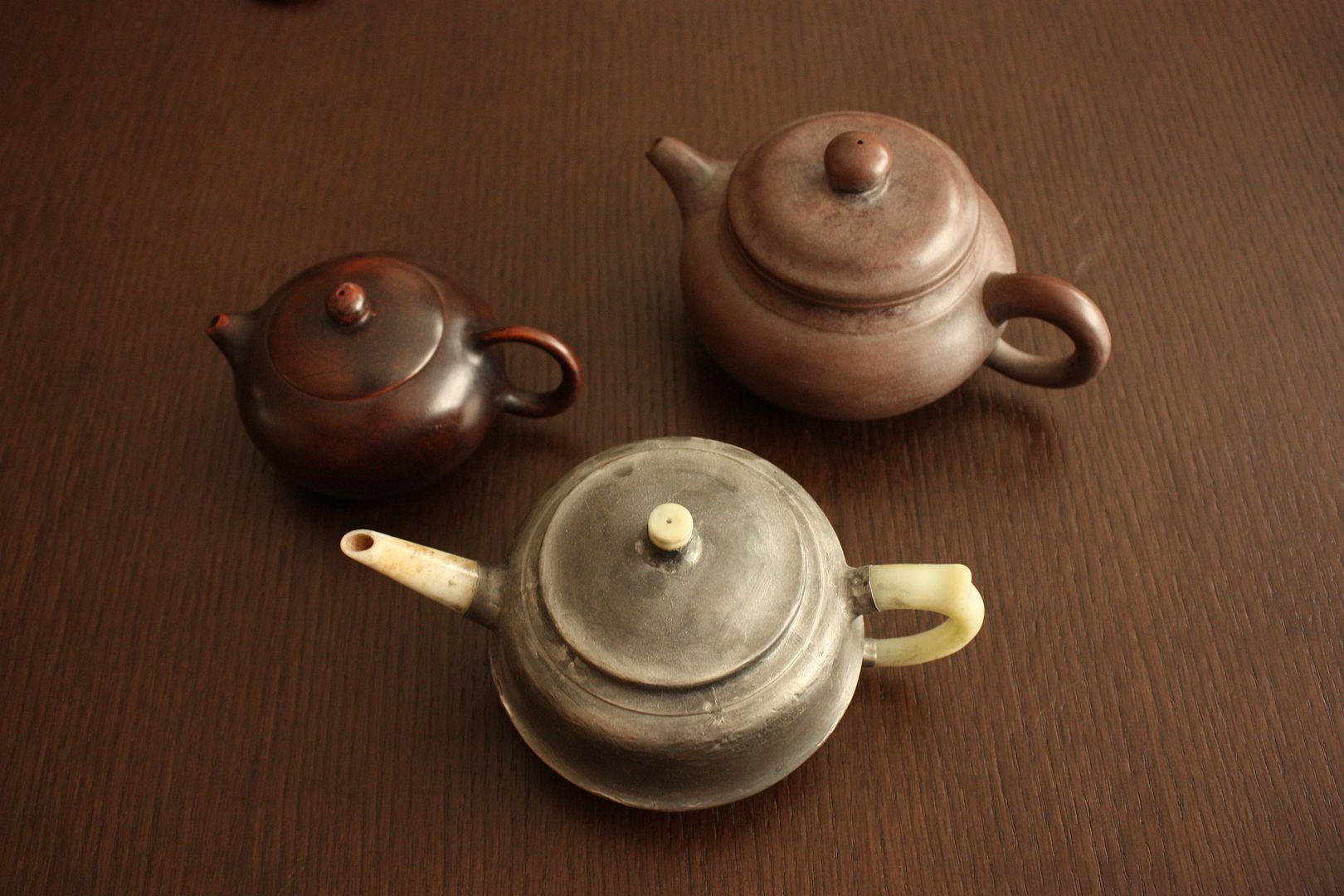
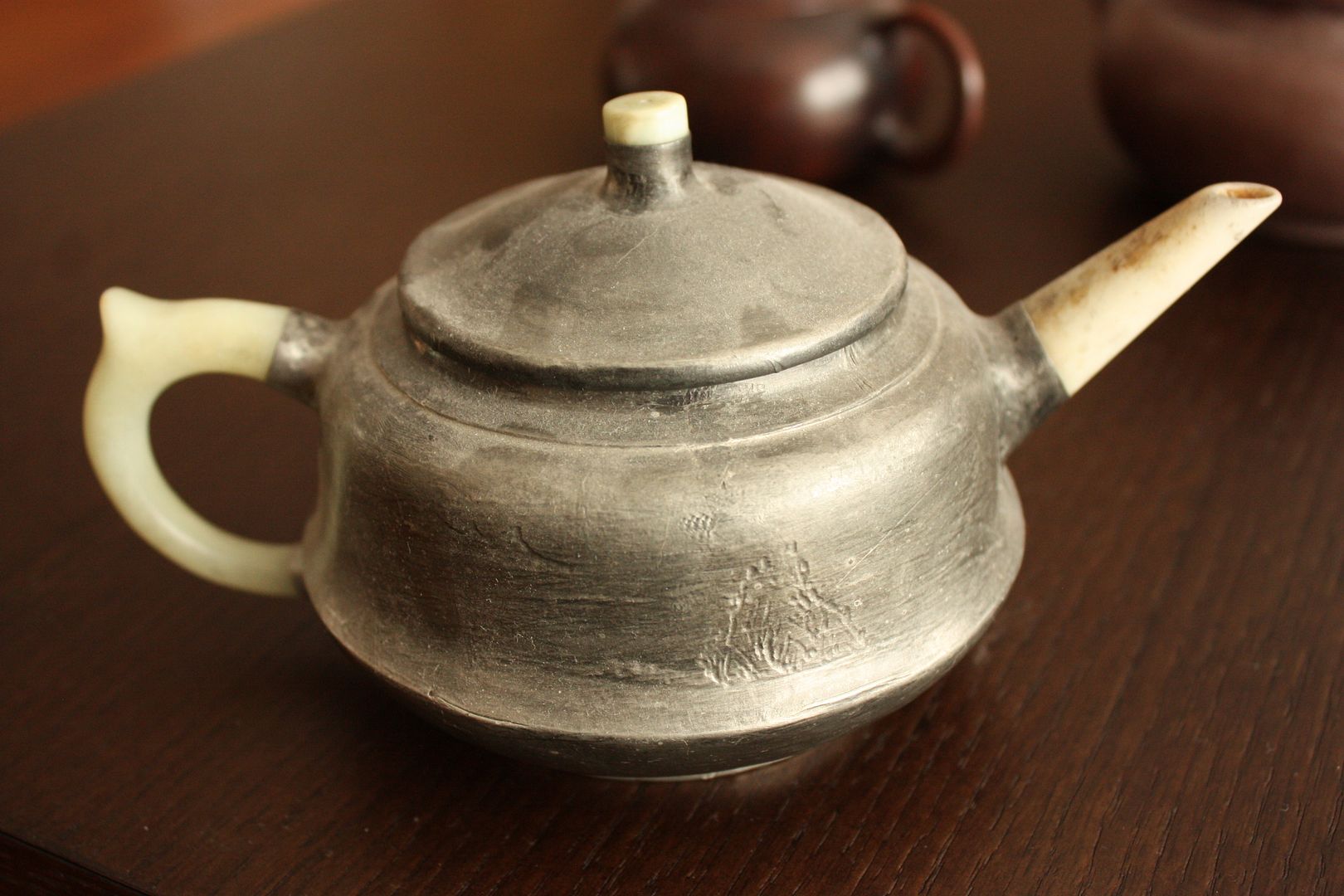
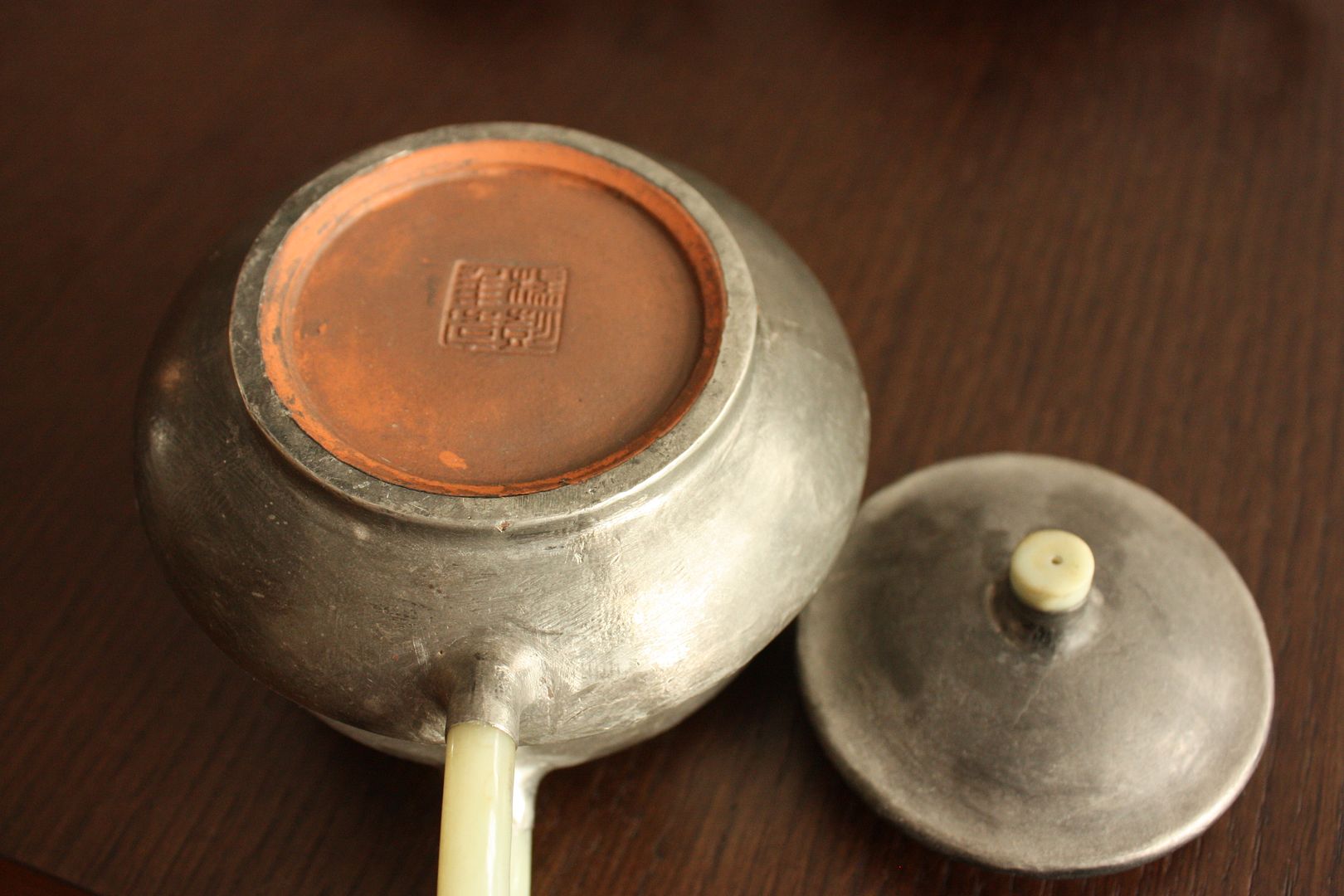
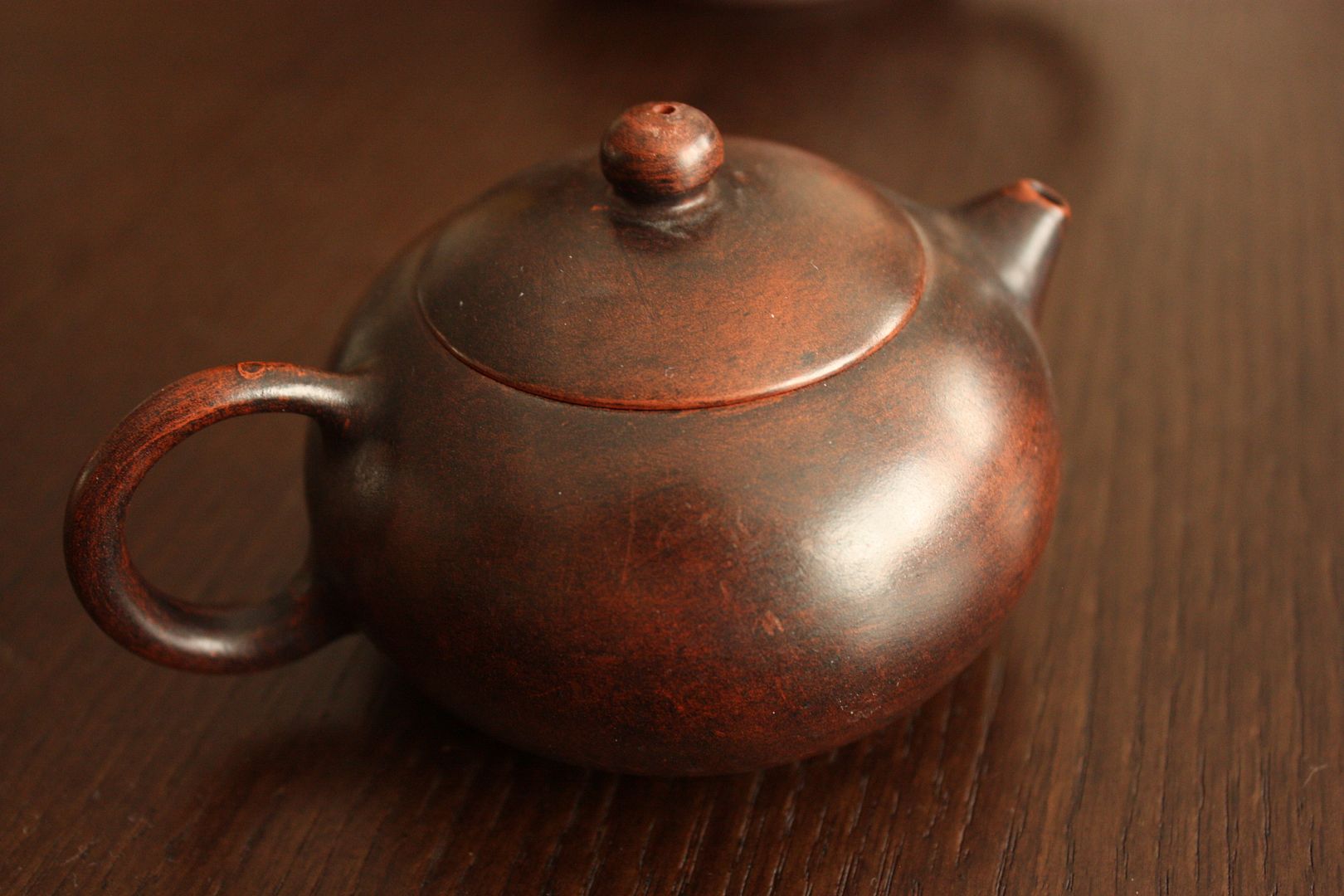
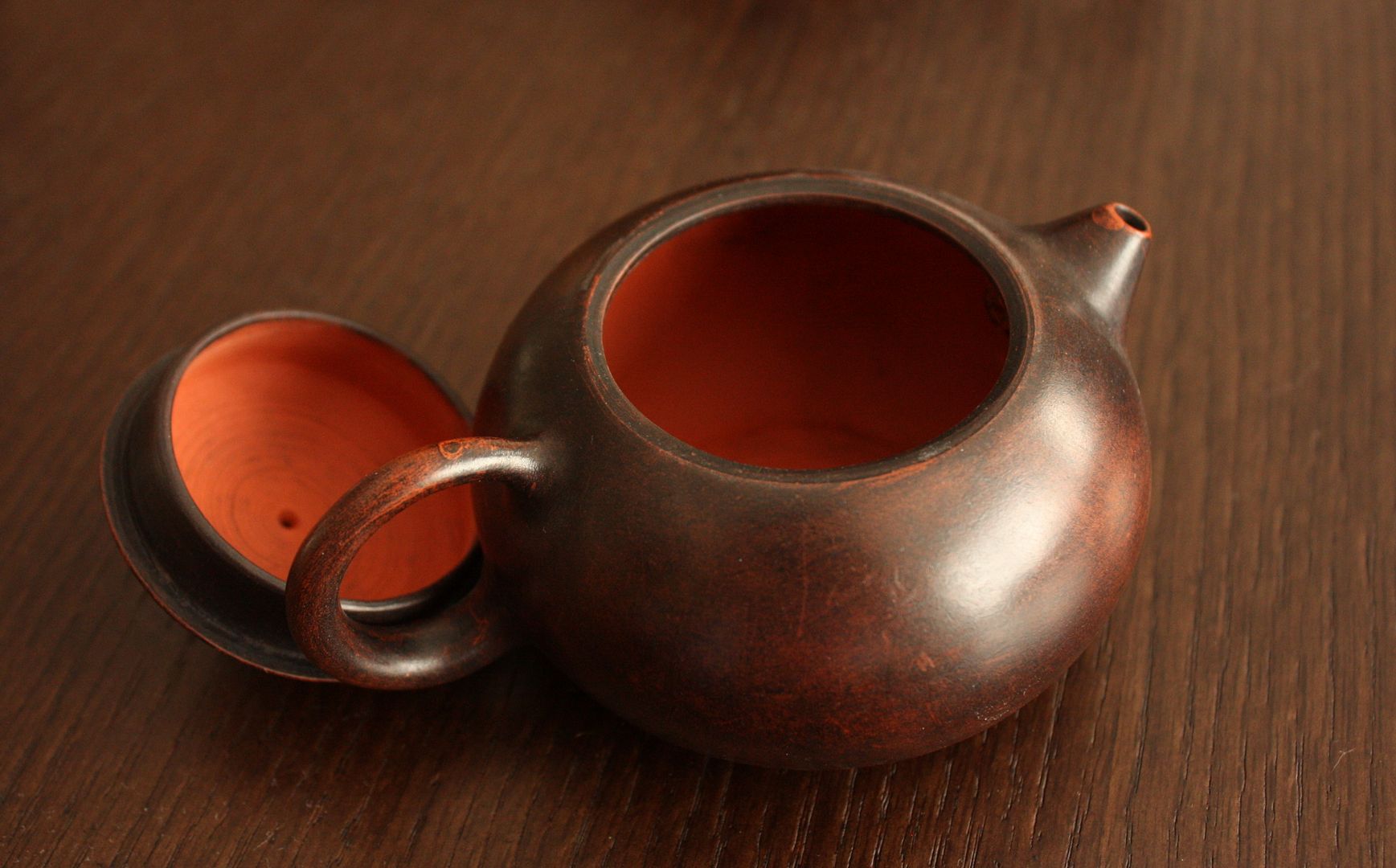
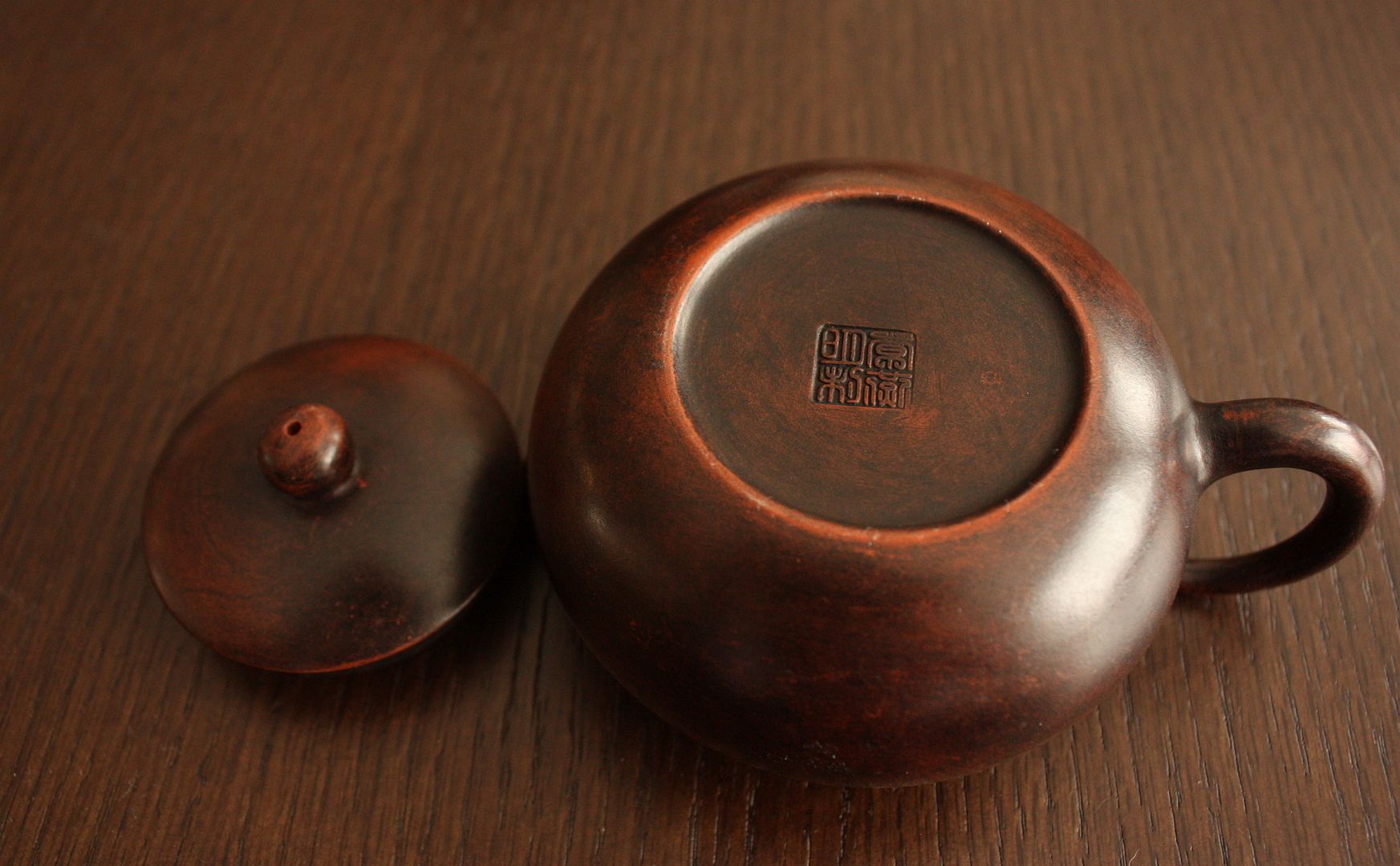
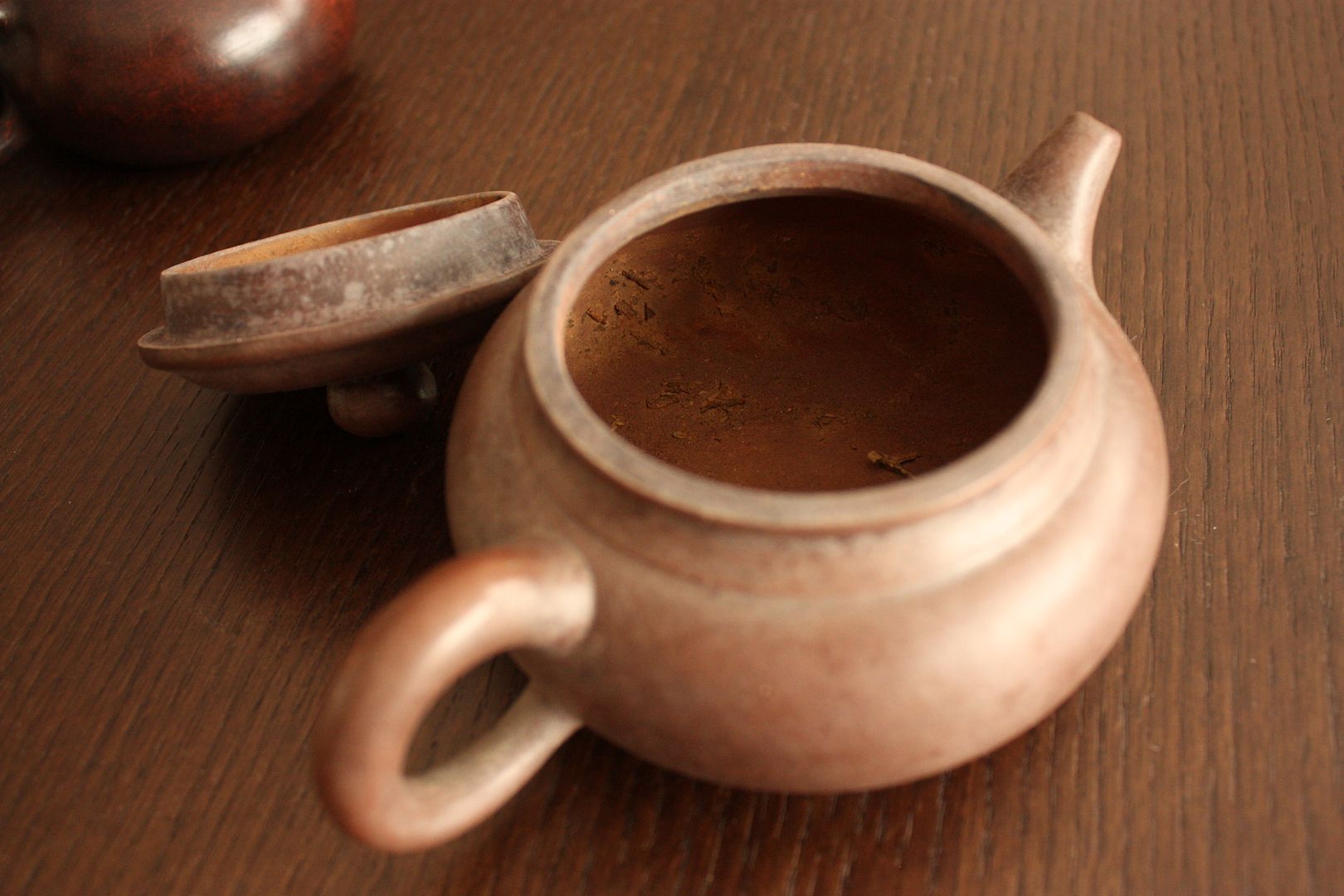
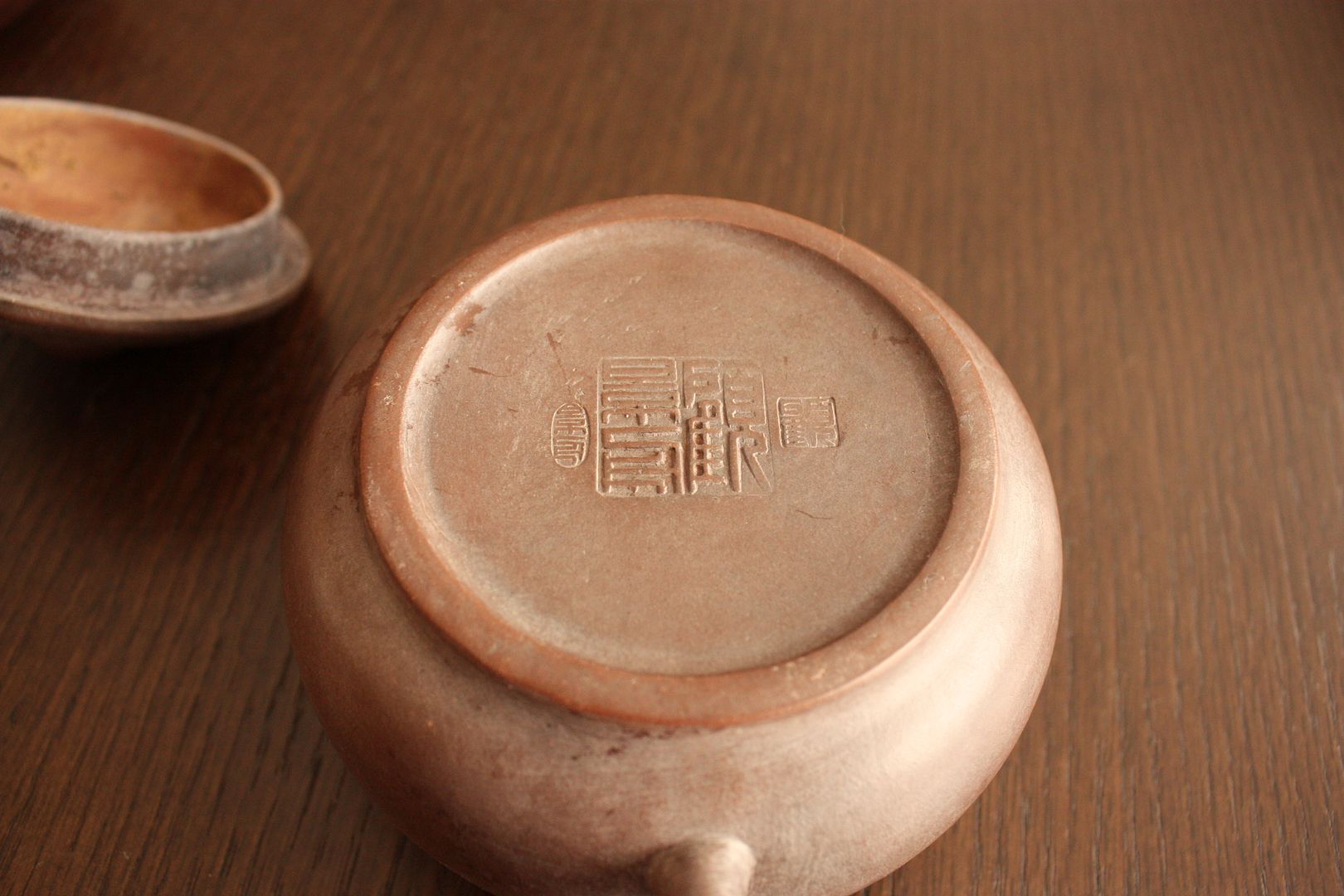
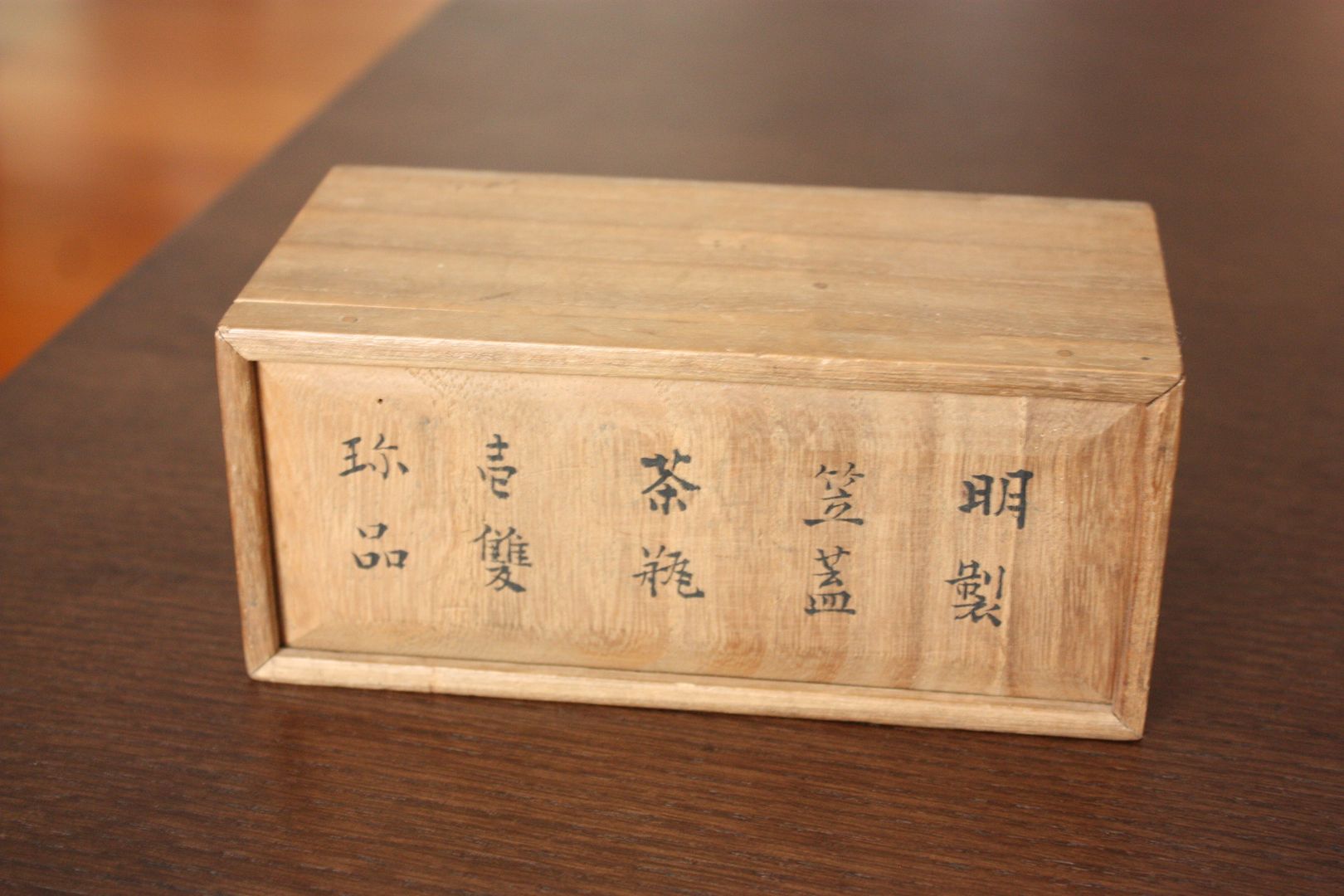
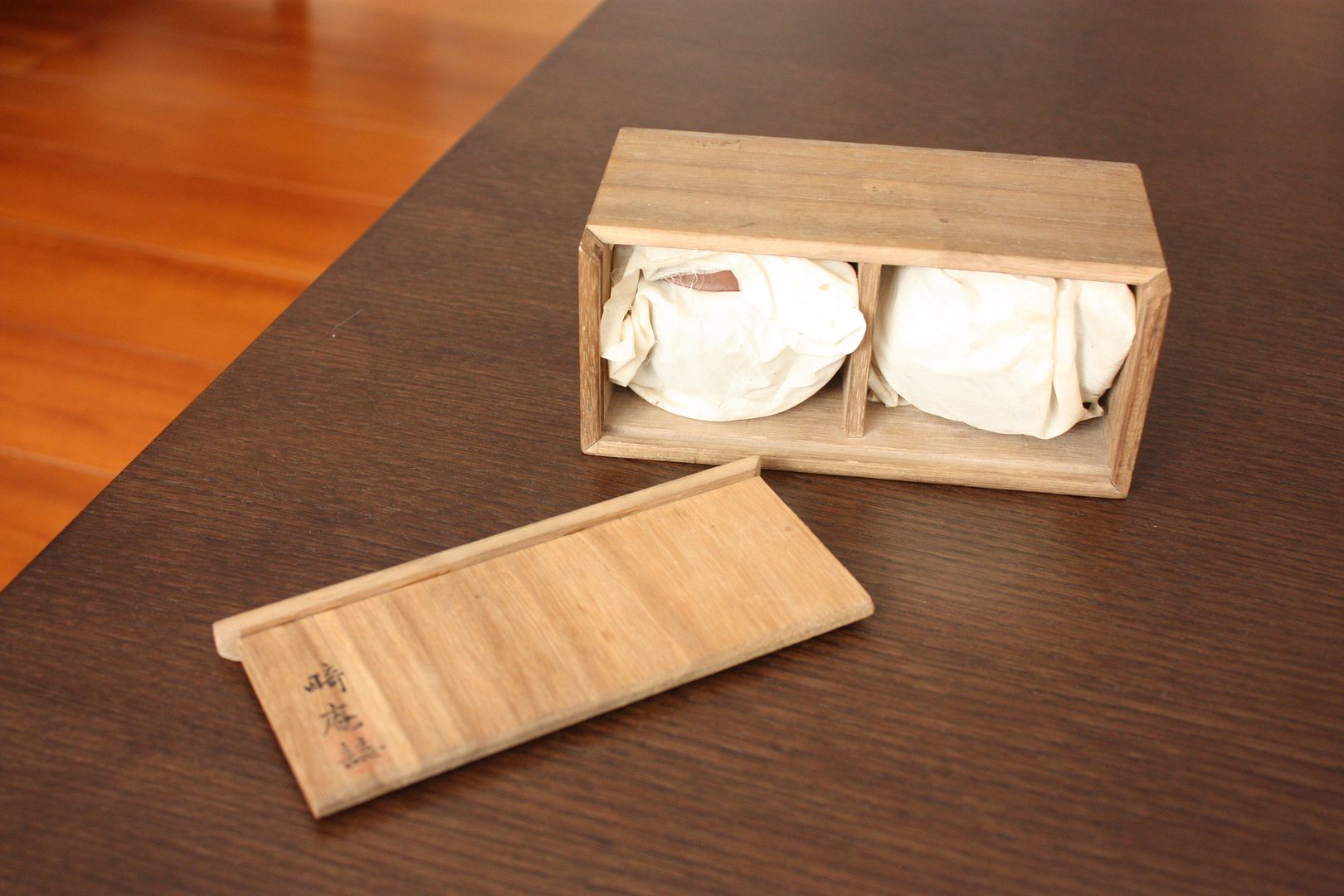
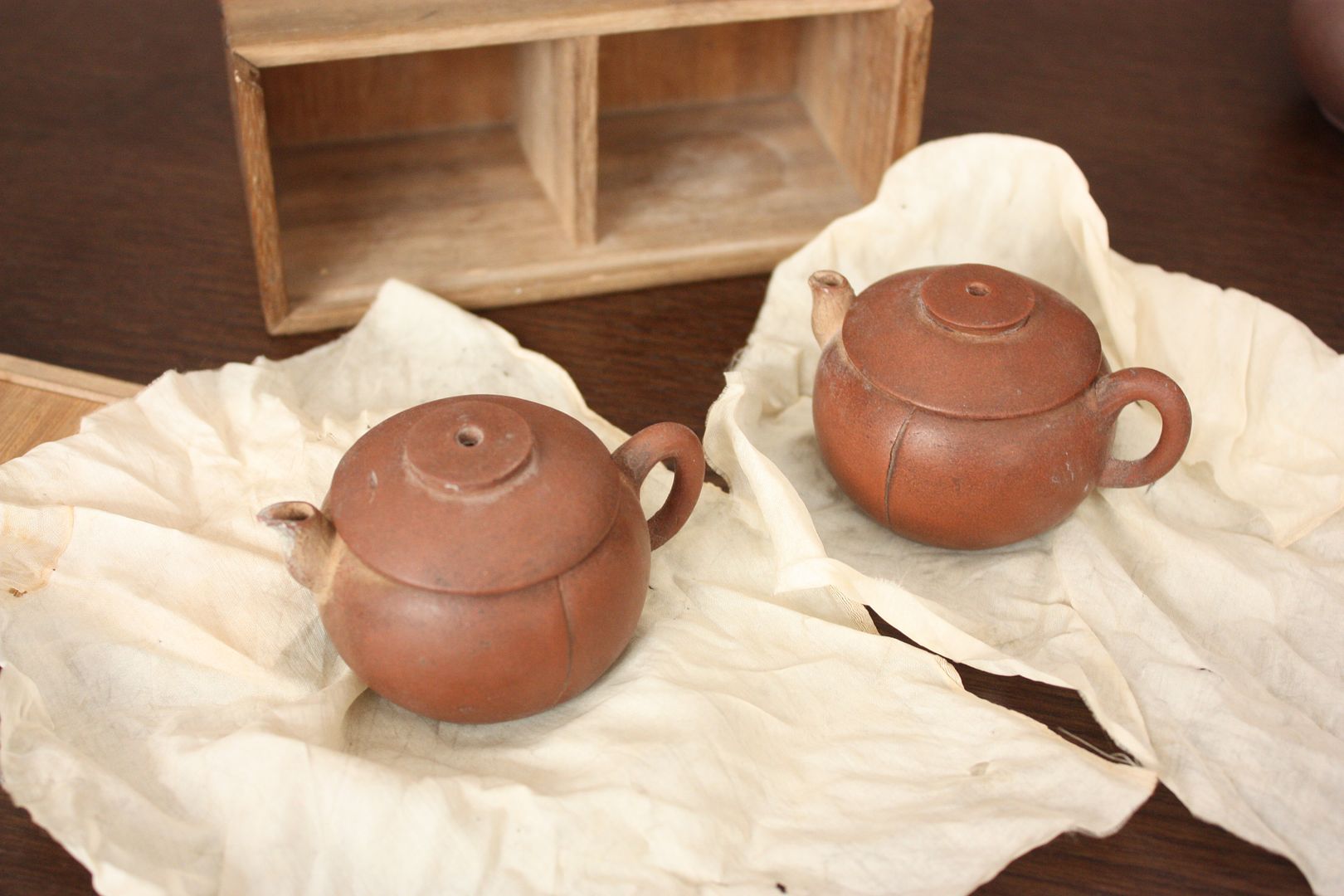
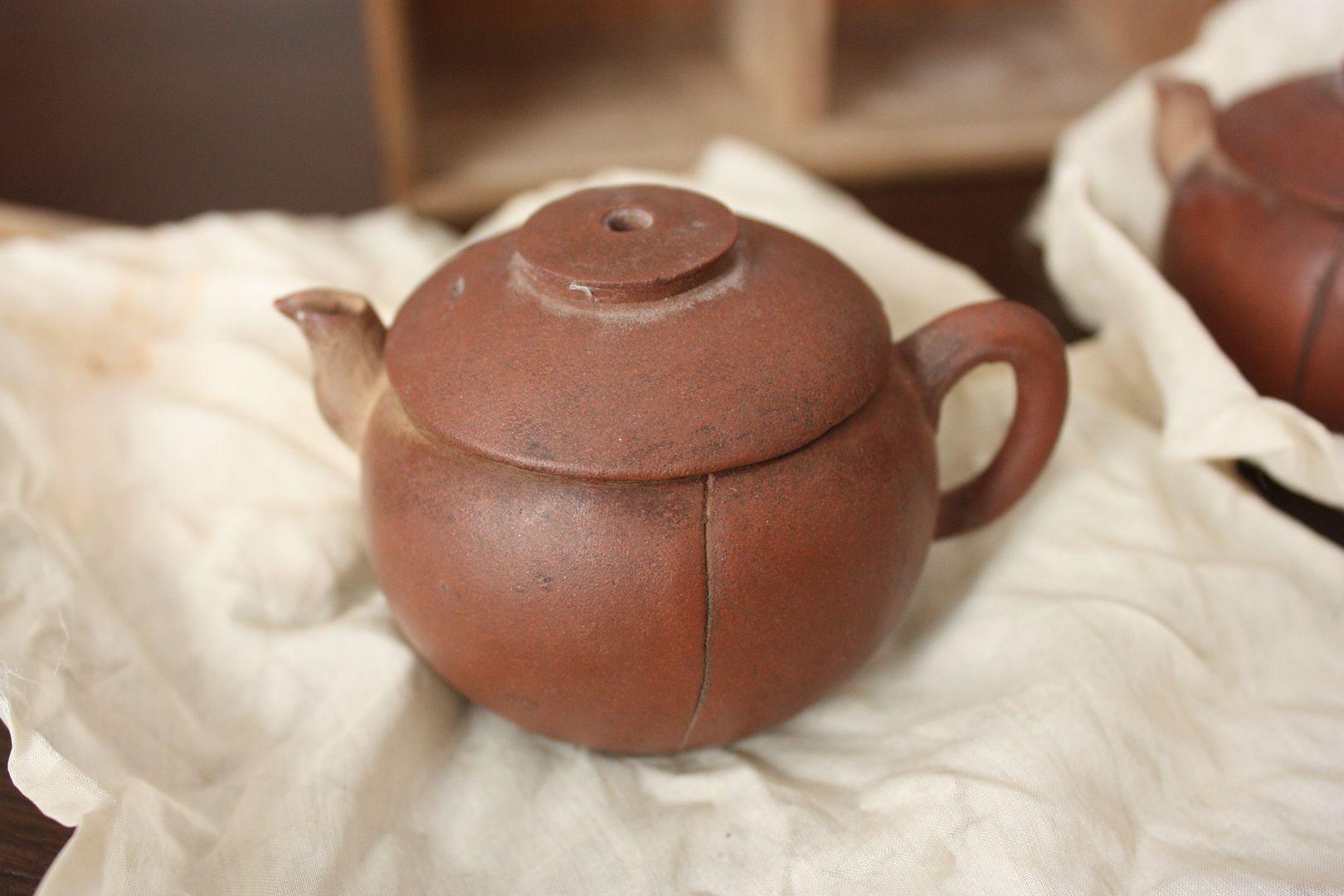
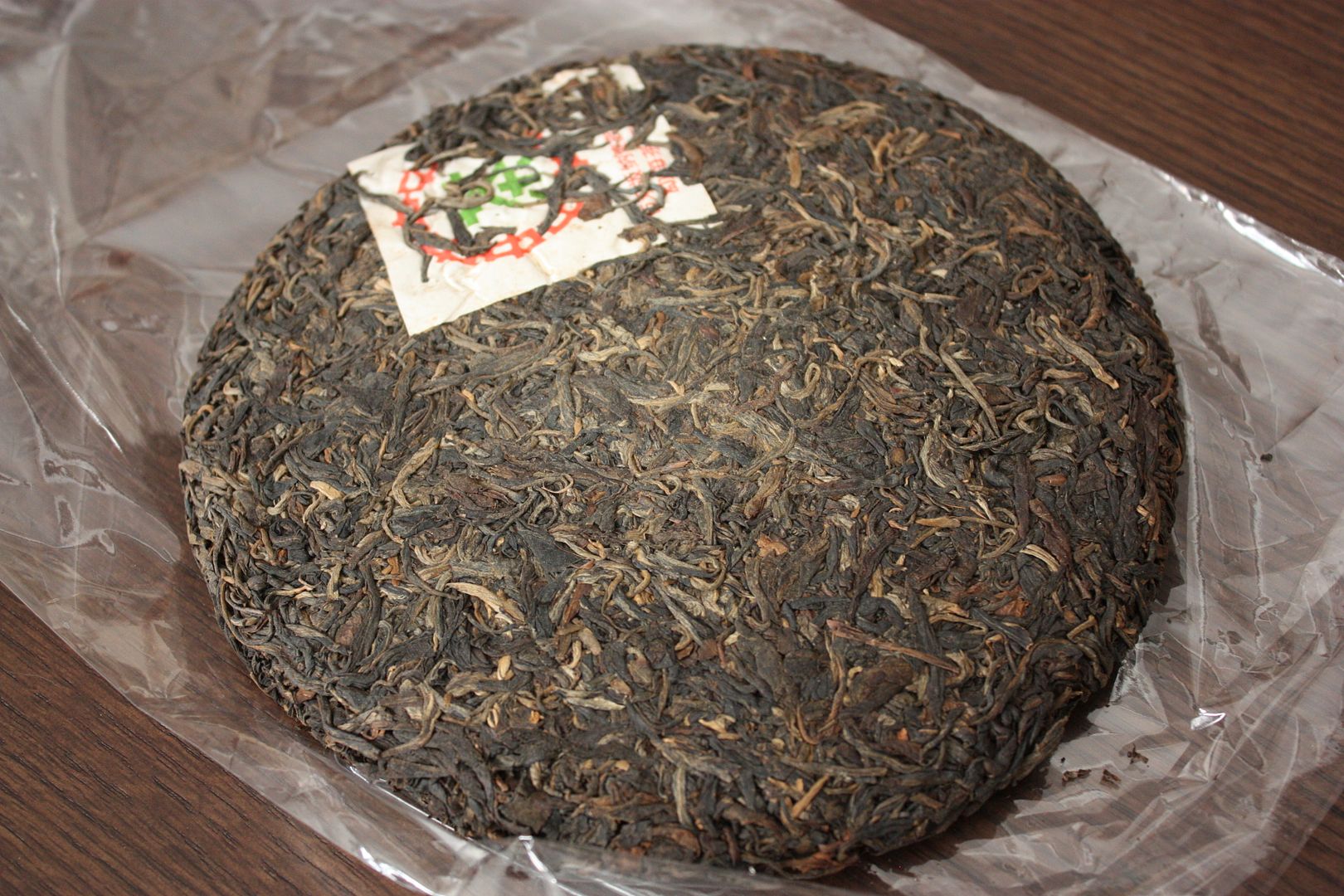
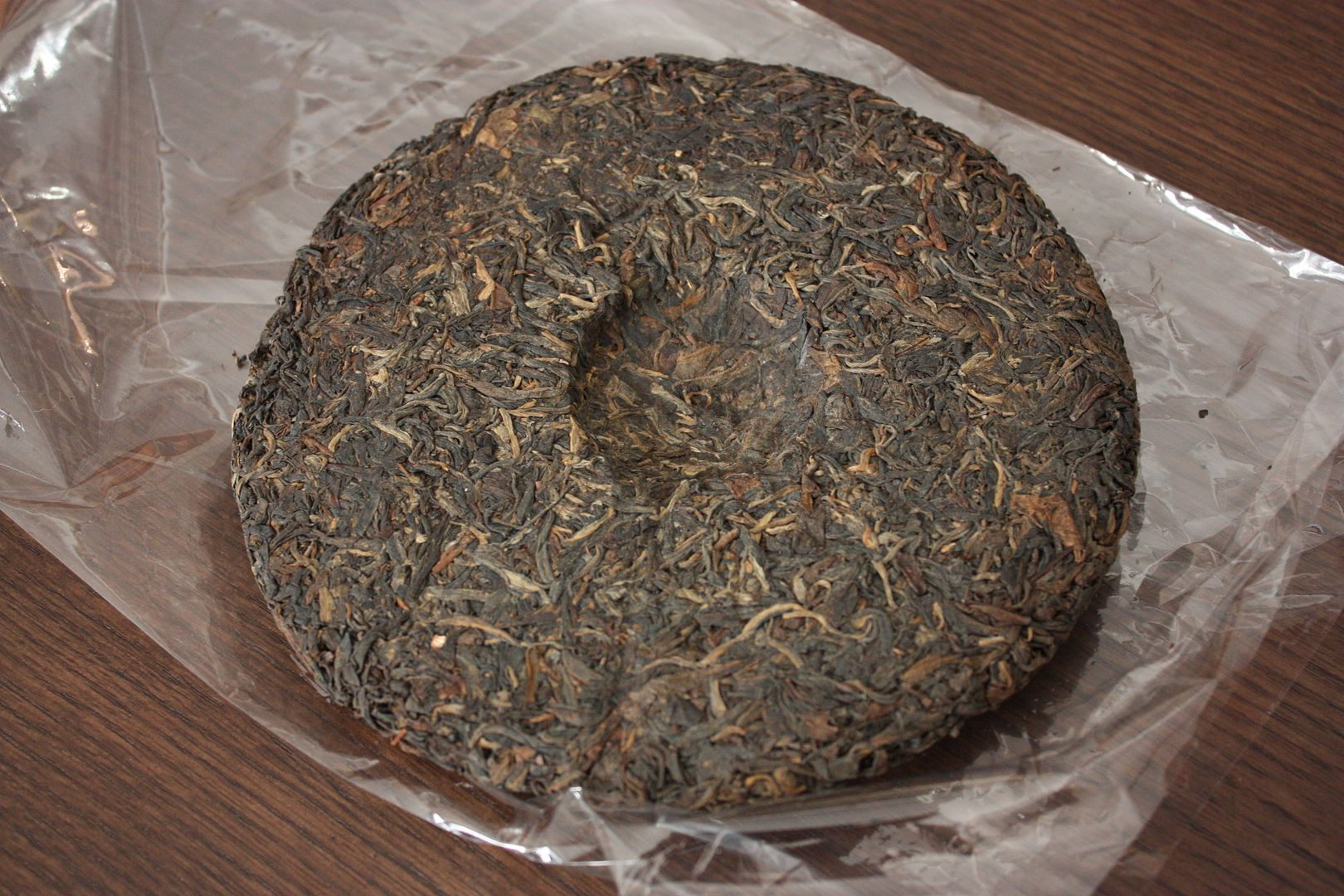
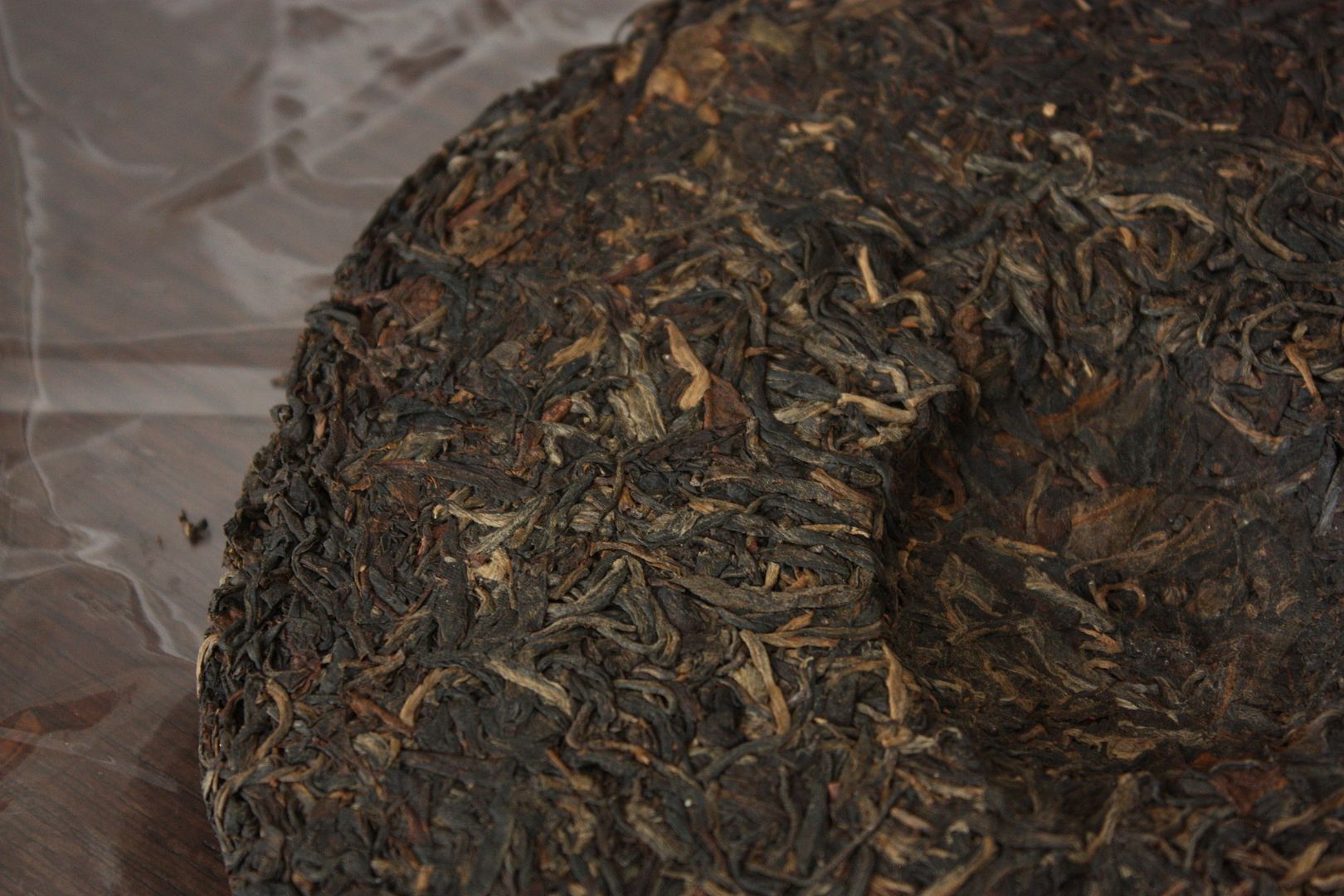
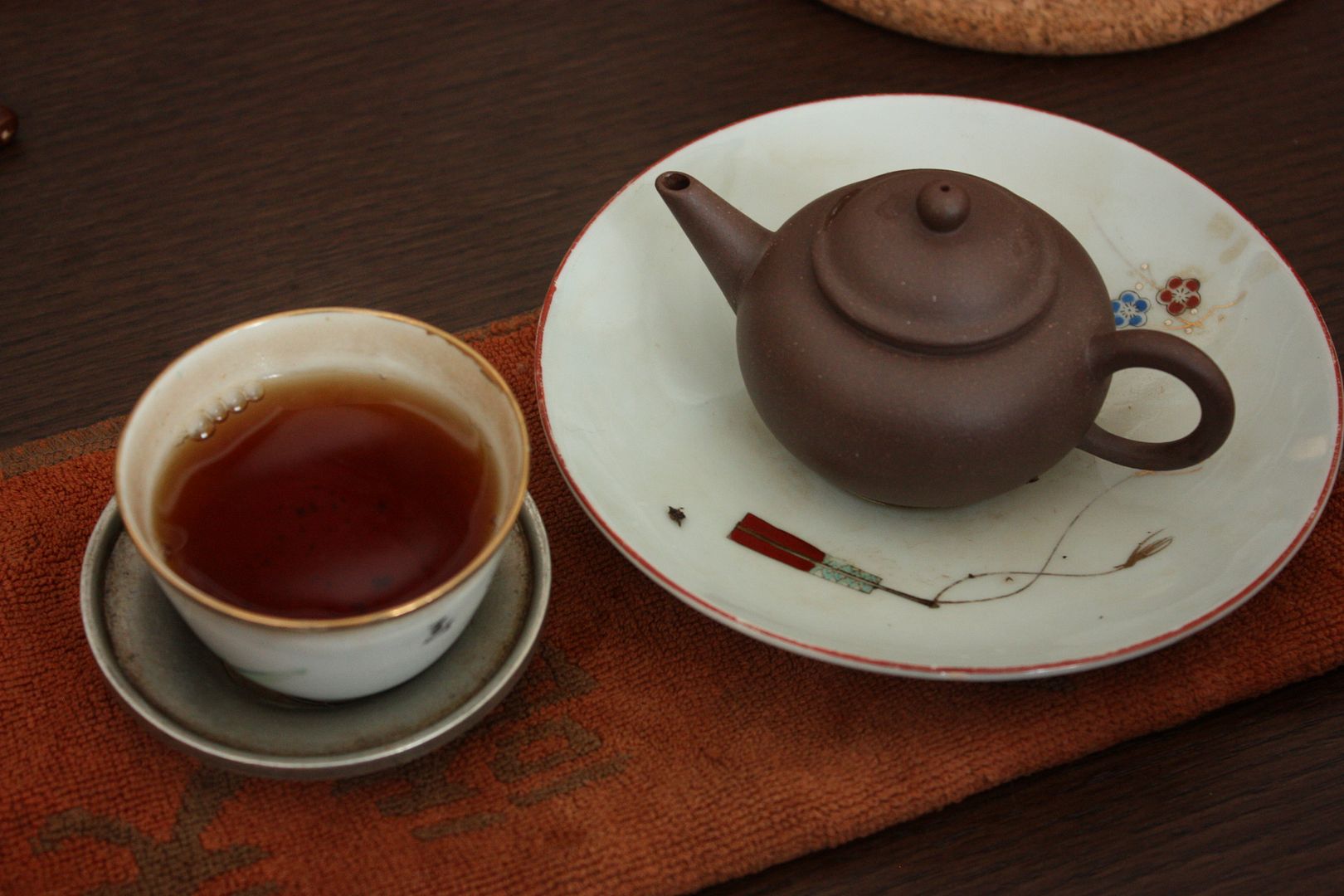
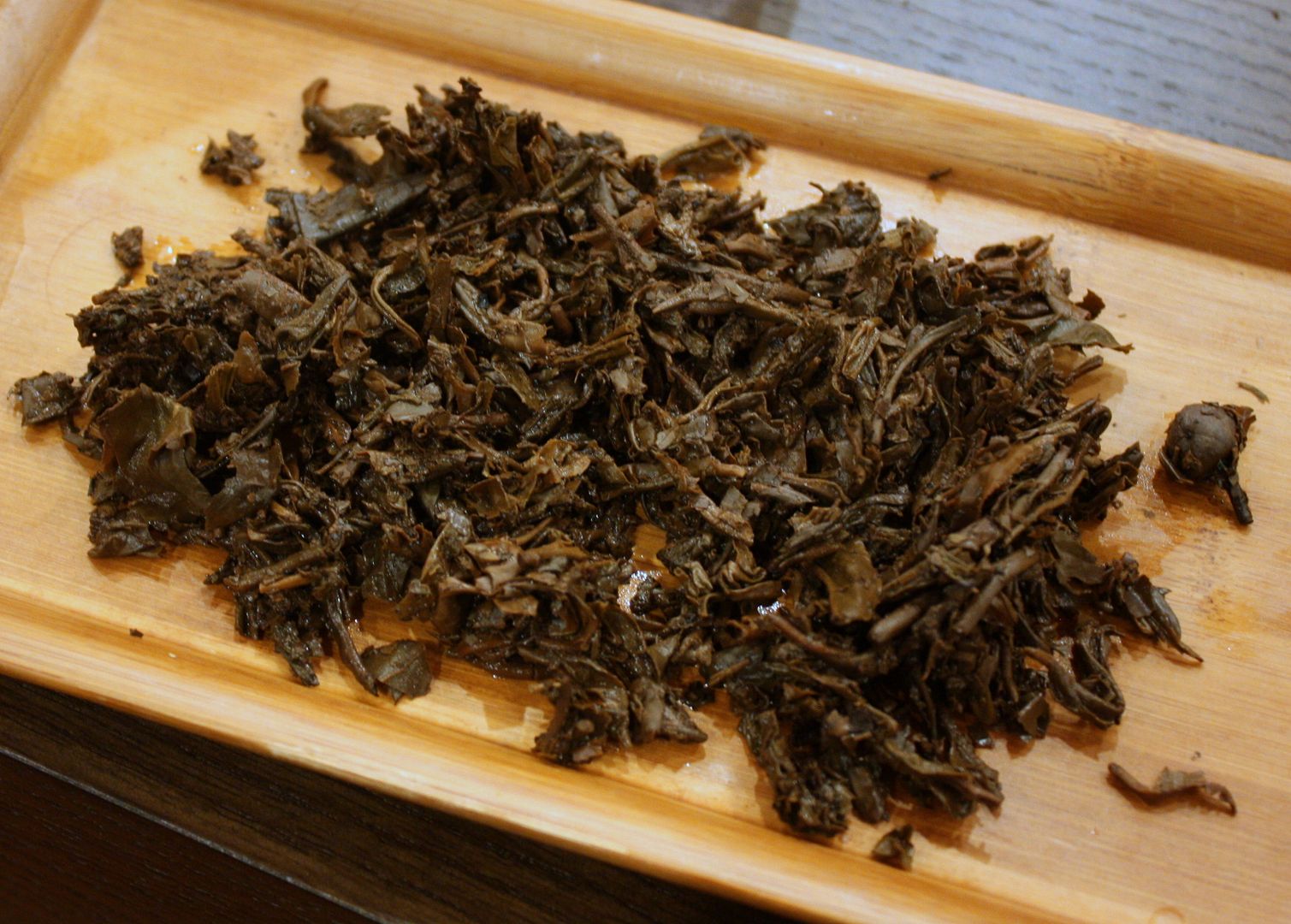
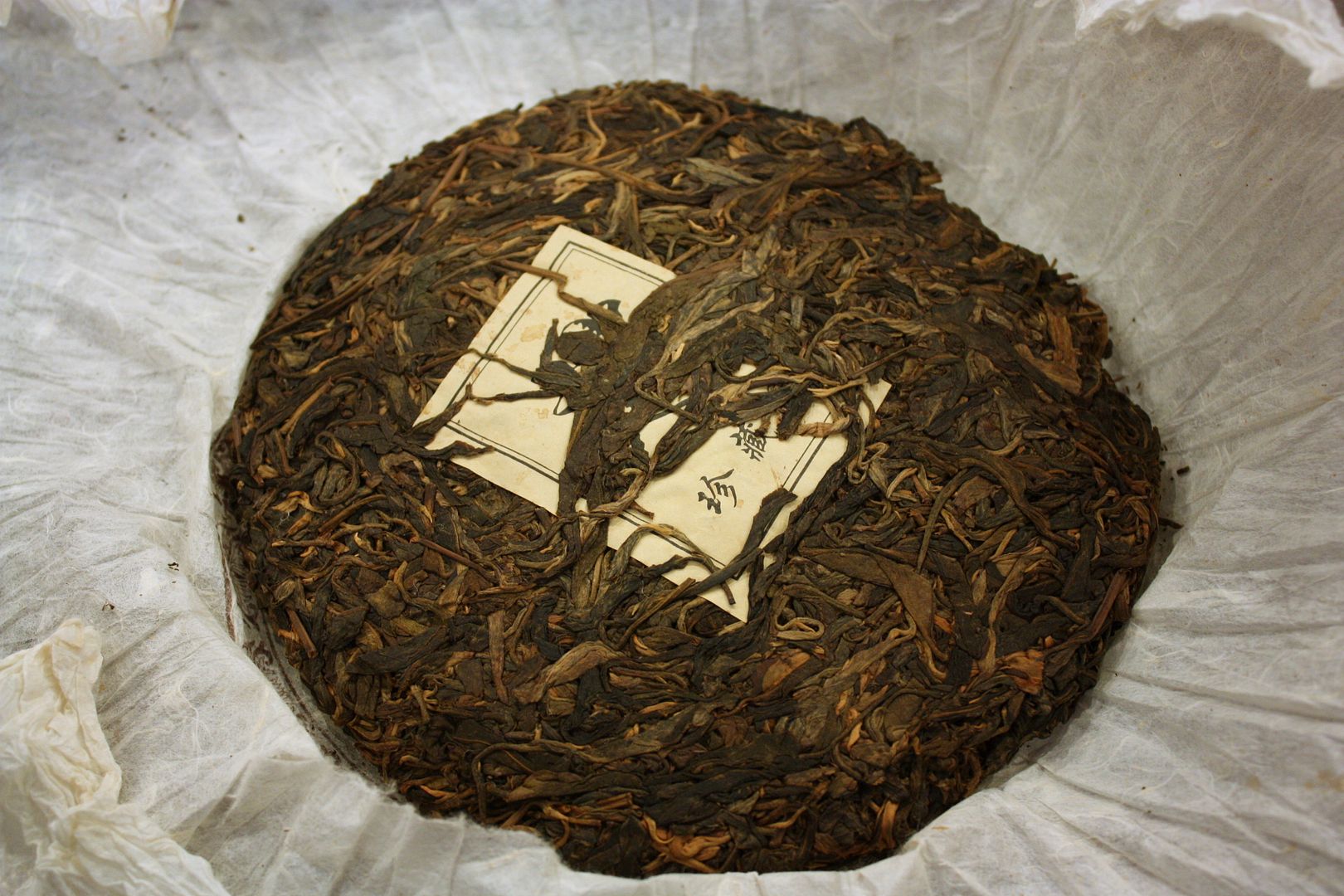

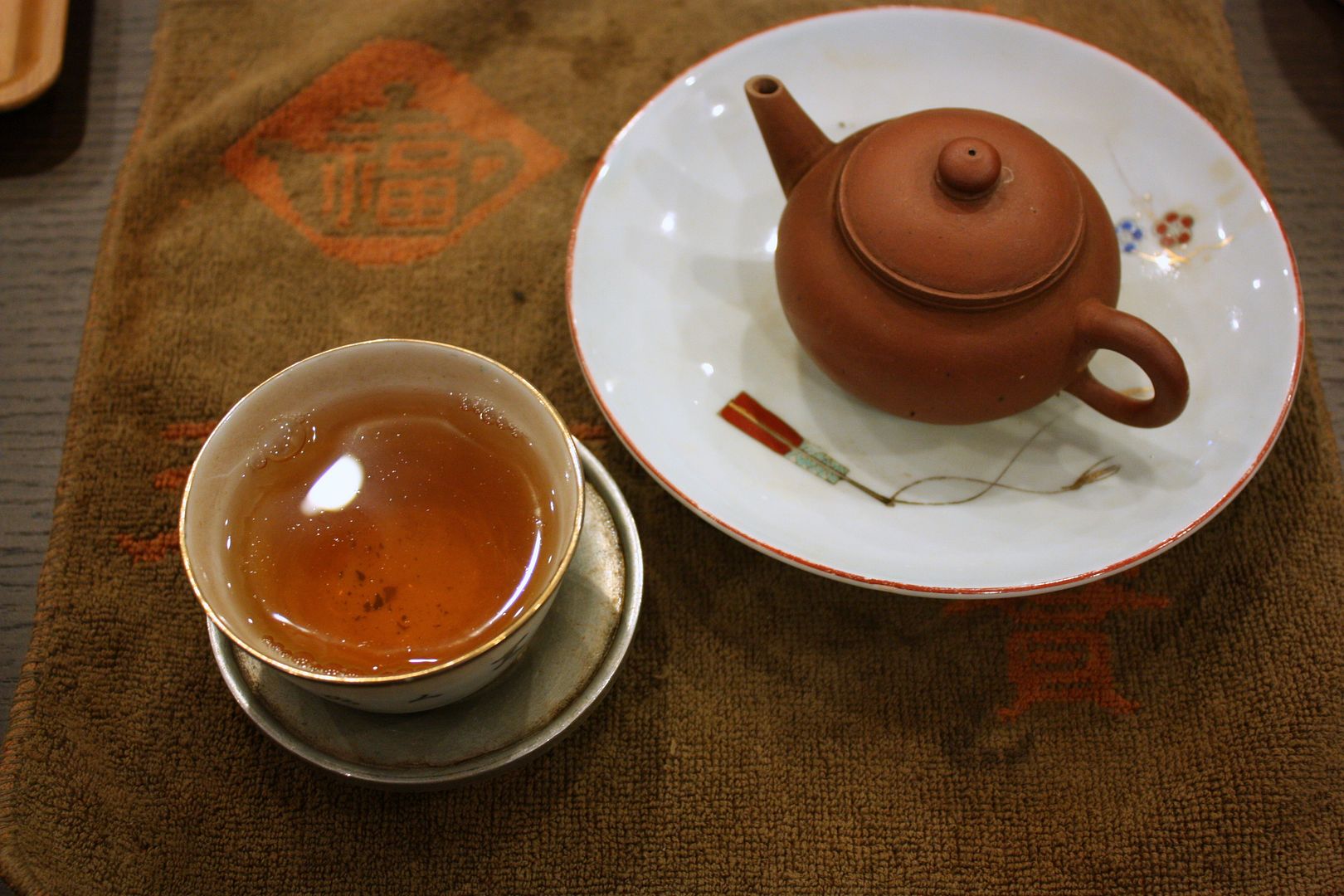
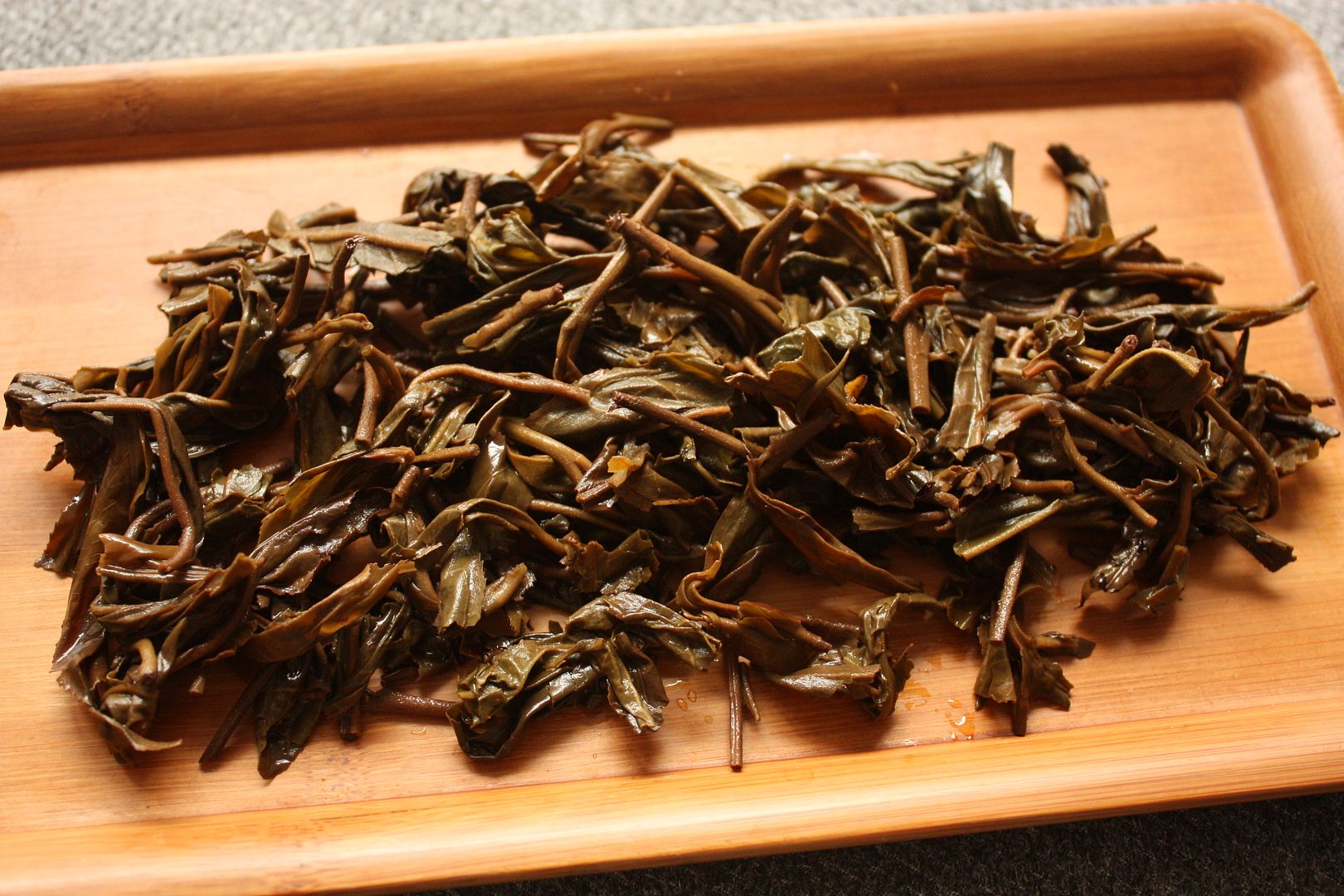
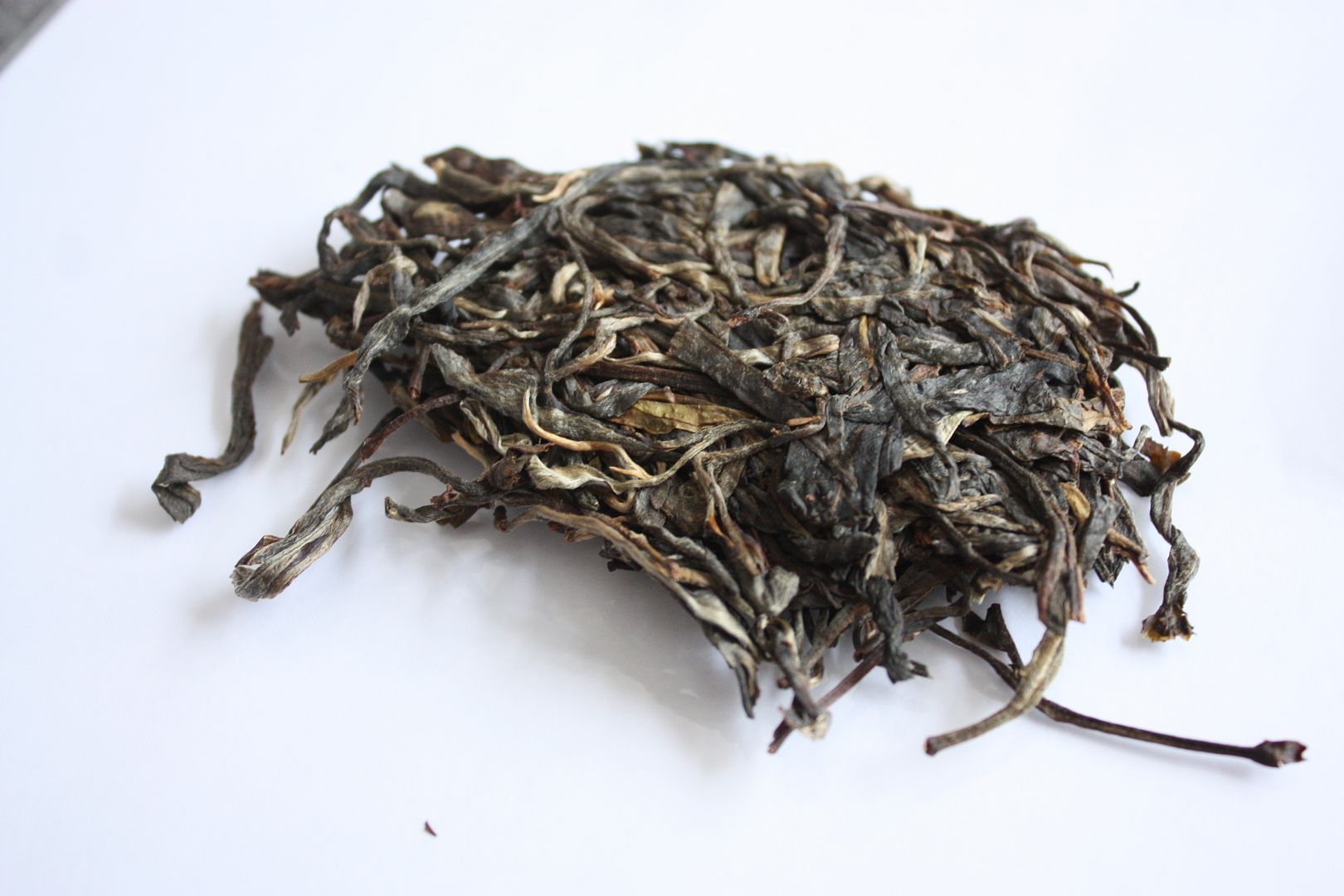
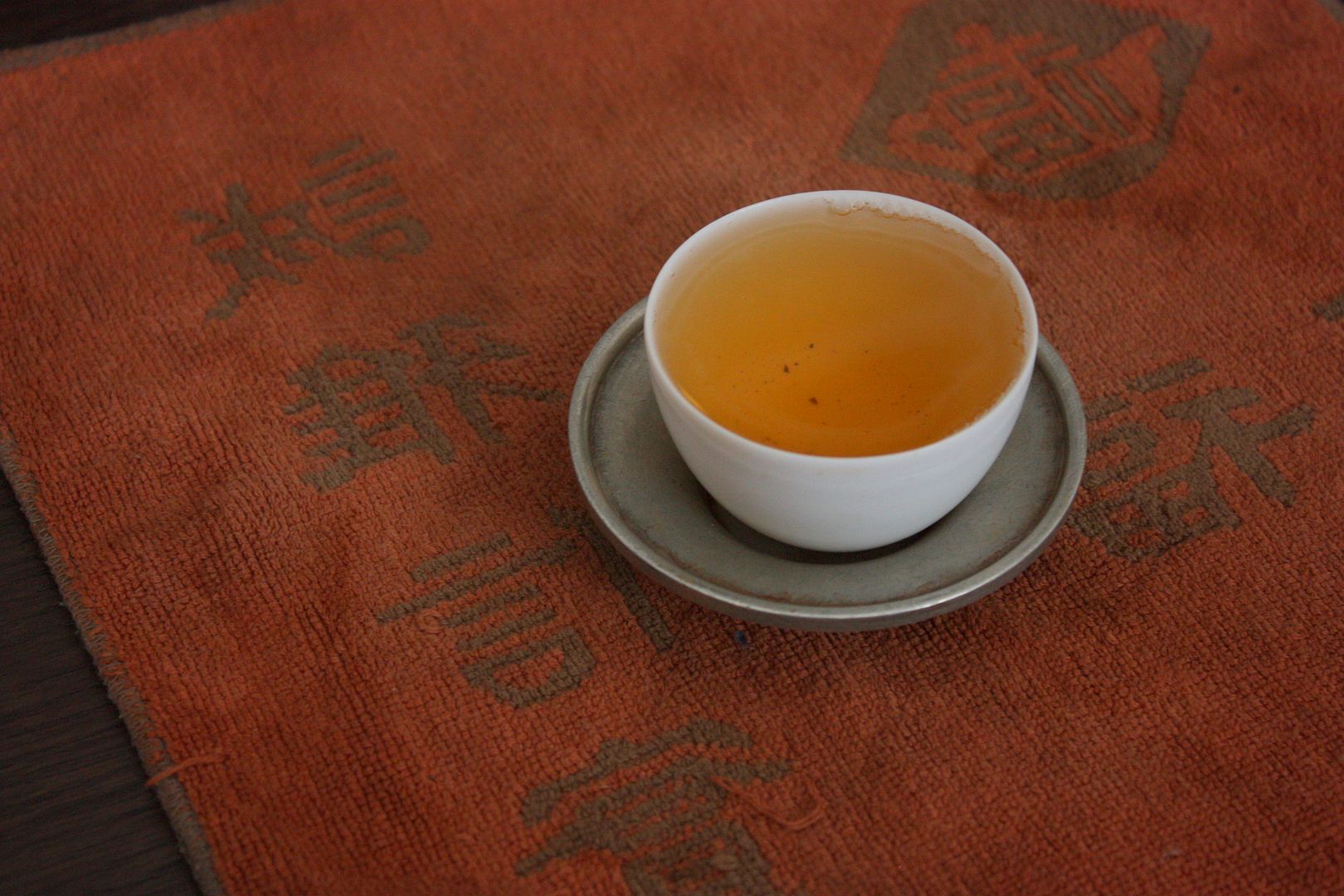
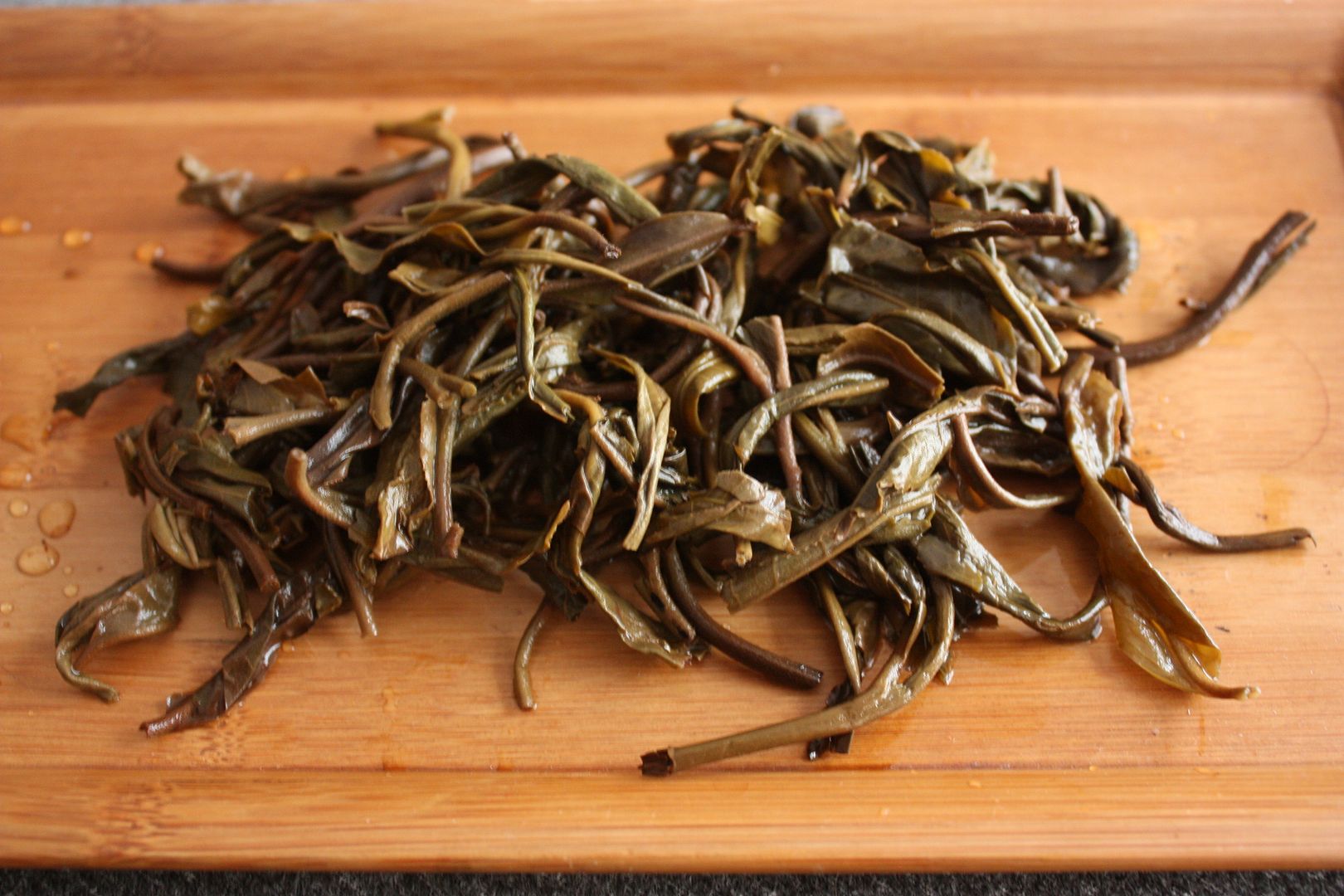
 RSS - Posts
RSS - Posts
I took you at your suggestion and have been reading some of your old post-Covid posts. I haven’t been to…